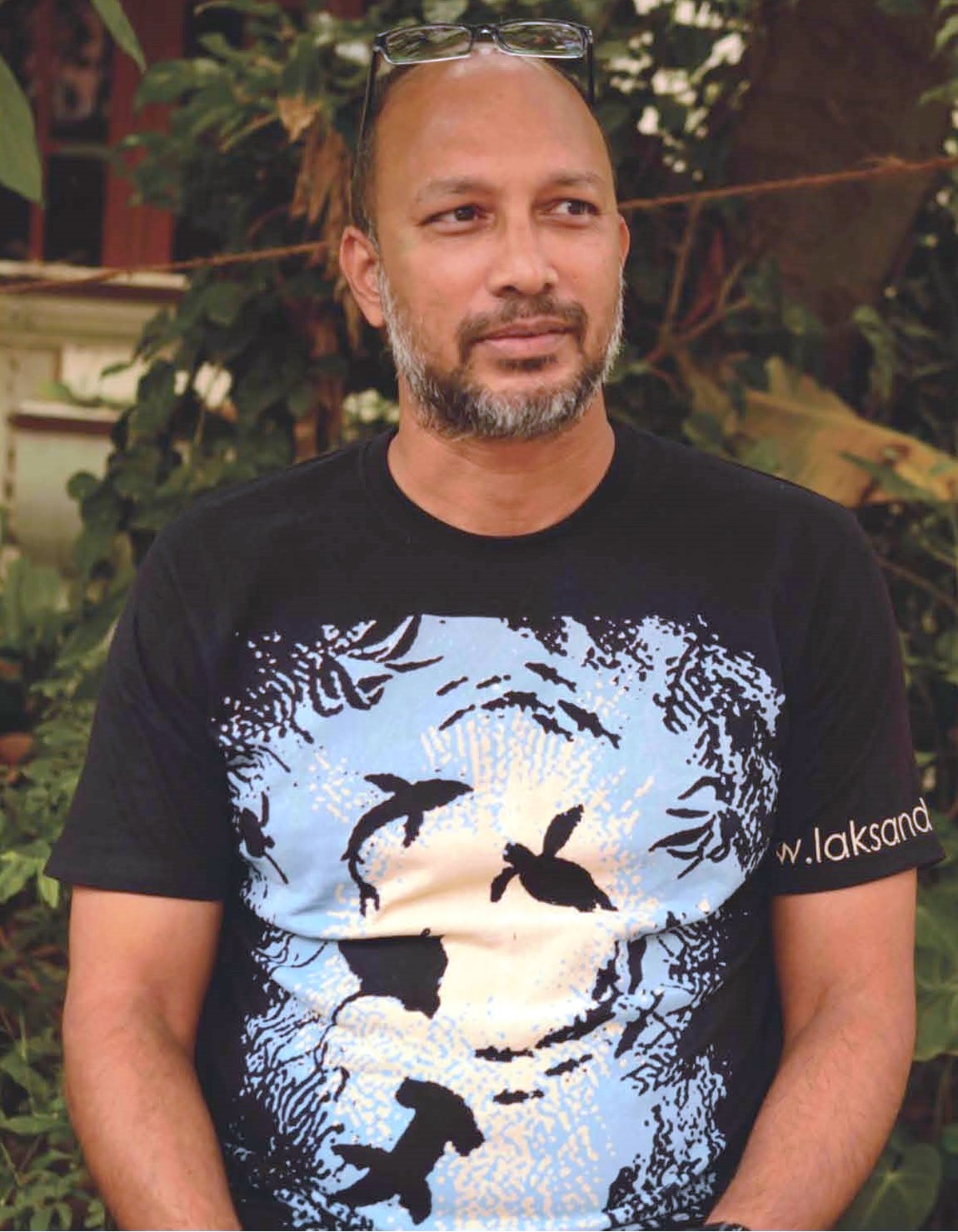Kartik Shanker
I am interested in the distribution of diversity at various levels of organisation, from genes to ecosystems, and at various scales from local communities to macro-ecological regional scales. We work in terrestrial habitats mainly in the Western Ghats, but extending to the other parts of India including the Eastern Ghats and Northeast India. We also work on coastal and marine systems, both along the mainland coast as well as the offshore islands. Our model systems include a range of small vertebrates in forest systems and coastal and marine fauna. We combine field ecology, phylogenetic information and ecological modelling to understand evolutionary and biogeography patterns, and assist conservation prioritisation.
In addition, we are interested in large scale altitudinal and latitudinal patterns using integrated models which incorporate neutral theory, ecology and evolution. Current research projects include studies of mixed foraging flocks of birds, distribution patterns of birds and plants, and phylogeny and biogeography of snakes and frogs. We are also initiating projects on the diversity and distribution of coastal and marine invertebrates.
I am also interested in marine turtle biology and conservation. We are studying leatherback turtles in Little Andaman Island, olive ridley turtles in Orissa, and have initiated studies on green turtles in the Lakshadweep islands, on aspects of population biology, genetics and foraging ecology. We have also initiated a collaborative effort with NGOs along the mainland coast to monitor temperatures, and potential impact of climate change on sea turtle populations through its impact on sex ratios. Our field projects have associated conservation components.
I believe that social and political contexts, spaces and interactions largely determine conservation outcomes. In order to understand and possibly influence these systems, I am involved in research with students and colleagues on the political ecology of conservation, conflict and natural resource management, particularly in coastal and marine systems. As part of this framework, I work with Dakshin Foundation on projects that involve local communities in research, monitoring and conservation.
Bangal, P., H. Sridhar and K. Shanker (2021) Phenotypic clumping varies with trait and flock size in the assembly of mixed-species bird flocks. Frontiers in Ecology and Evolution 8:537816.
Bharti, D.K. and K. Shanker (2020) Environmental correlates of distribution in the intertidal gastropods Littoraria and Echinolittorina spp. across spatial scales in the Indian Ocean. Journal of Molluscan Studies.
Mallik, A.K., A.N. Srikanthan, S.P. Pal, P.M. D’Souza, K. Shanker and S.R. Ganesh (2020) Disentangling vines: a study of morphological crypsis and genetic divergence in vine snakes (Squamata: Colubridae: Ahaetulla) with description of four new species from Peninsular India. Zootaxa 4784: 1-62.
Ramesh, V, Vijayakumar, S.P., T. Gopalakrishna, A. Jayarajan and K. Shanker (2020) Determining levels of cryptic diversity within the endemic frog genera, Indirana and Walkerana of the Western Ghats, India. PLOS One 15(9): e0237431.
Page, N. and K. Shanker (2020) Climatic stability begets diversity: Latitudinal trends in ranges, richness and replacement of woody plants in the Western Ghats. PLoS ONE 15(7): e0235733.
Gupta, T., H. Booth, W. Arlidge, C. Rao, M. Manoharakrishnan, N. Namboothri, K. Shanker and E.J. Milner-Gulland (2020) Mitigation of elasmobranch bycatch in trawlers: A case study in Indian fisheries. Frontiers in Marine Science 7: 571.
Mohan, A.V., P.O. Ter Wengel, K. Shanker and M. Vences (2020) The Andaman day gecko paradox: an ancient endemic without pronounced phylogeographic structure. Scientific Reports 10: 11745.
Stelfox, M.R., A. Burian, K. Shanker, A.F. Rees, C. Jean, M.S. Willson, N.A. Manik and M. Sweet (2020) Tracing the origin of olive ridley turtles entangled in ghost nets in the Maldives: a phylogeographic assessment of populations at risk. Biological Conservation 245: 108499.
Marathe, A., D.R. Priyadarsanan, J. Krishnaswamy and K. Shanker (2020) Spatial and climatic variables independently drive elevational gradients in species richness. PLoS ONE 15(1): e0227628. https://doi.org/10.1371/journal.pone.0227628.
Dinesh, K.P., S.P. Vijayakumar, V. Ramesh, A. Jayarajan, S.R. Chandra Mouli & K. Shanker (2020) A new lineage of Walkerana (Anura: Ranixalidae) from the Western Ghats of Peninsular India. Zootaxa 4729 (2): 266–276.
Mallik, A.K., A.N. Srikanthan, S.R. Ganesh, S.P. Pal, S.P. Vijayakumar and K. Shanker (2019) A deeply divergent new lineage of vine snake from the southern Western Ghats of Peninsular India. PLOS One.
Vijayakumar, S.P., R. A. Pyron, K.P. Dinesh, V.R. Torsekar, A.V. Srikanthan, P. Swamy, E.L. Stanley, D.C. Blackburn and K. Shanker (2019) A new, ancient, microendemic lineage of frog (Astrobatrachidae fam. nov., Astrobatrachus kurichiyana gen et. sp. nov.) from the Western Ghats of Peninsular India. PeerJ.

